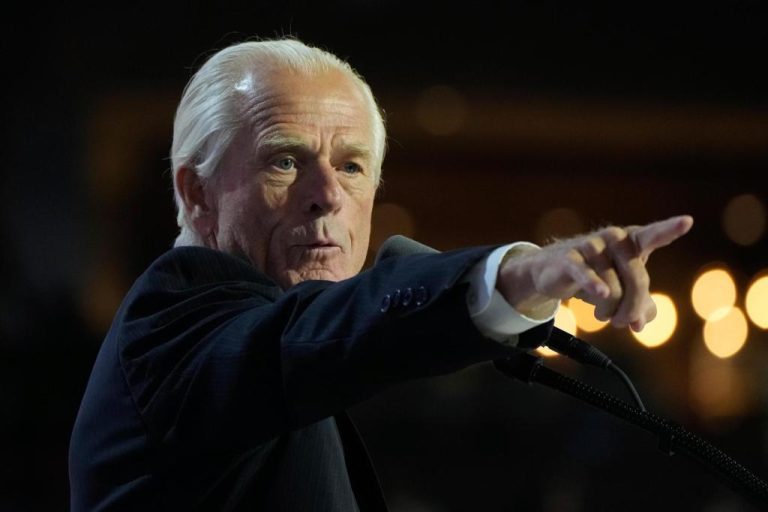
The Women Against State Pension Inequality has reached a significant new milestone that could compel the government to respond to their demands.
The official petition, launched less than 2 weeks ago, has achieved its target of 100,000 signatures five months ahead of schedule. At present, the petition boasts an impressive 122,000 signatures.
It reached 10,000 signatures in late November, which entitled the campaign to a written response from the government – a response they are still awaiting.
Surpassing 100,000 signatures also means the topic must now be considered for a parliamentary debate.
With growing support for the petition’s proposals, it is hoped that the government will schedule this debate or prompt a written response from the DWP before the winter recess begins on December 19.
The petition was initiated following the Ombudsman’s report earlier this year, which confirmed that the DWP did not provide sufficient notice to women born in the 1950s about changes to their state pension age requirement.
The report stated: “Parliament must urgently identify a mechanism for providing that appropriate remedy” and recommended compensation equivalent to Level four on its banding scale, worth between £1,000 and £2,950.
Regrettably, there has been no action from the government since the report was published.
Since the last General Election, the Labour Party has indicated that an announcement on compensation plans for WASPI women will be made “soon” and “in the near future” yet firmer timelines have yet to be provided.
Particularly, the petition demands the government to “fairly compensate WASPI women affected by the increases to their State Pension age and the associated failings in DWP communications.”
The campaigners are pressing for a compensation framework to be established by March 21, 2025, marking the one-year milestone since the Ombudsman’s report.
Moreover, the petition underscores the dire consequences of government procrastination: “We have calculated that with one affected woman dying every 13 minutes, there is no time for further delay.”







